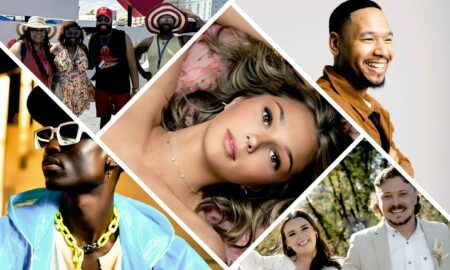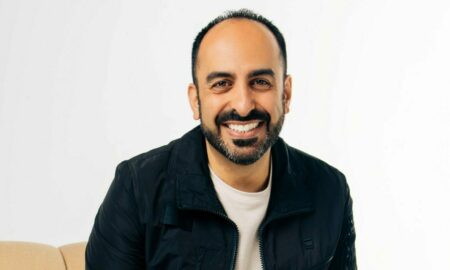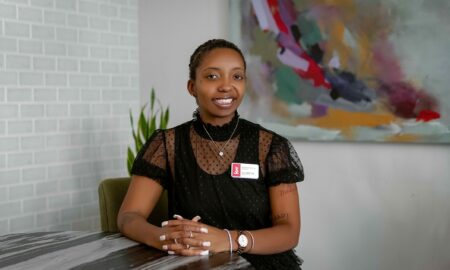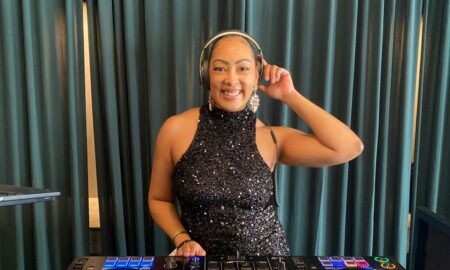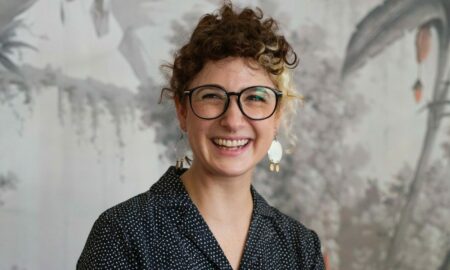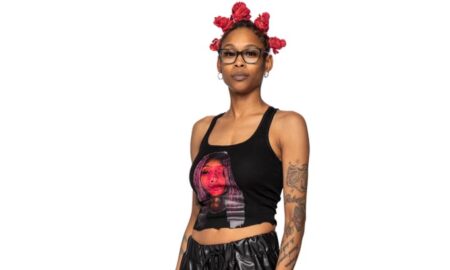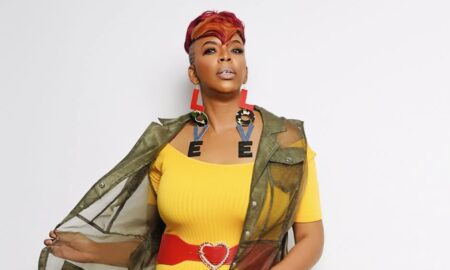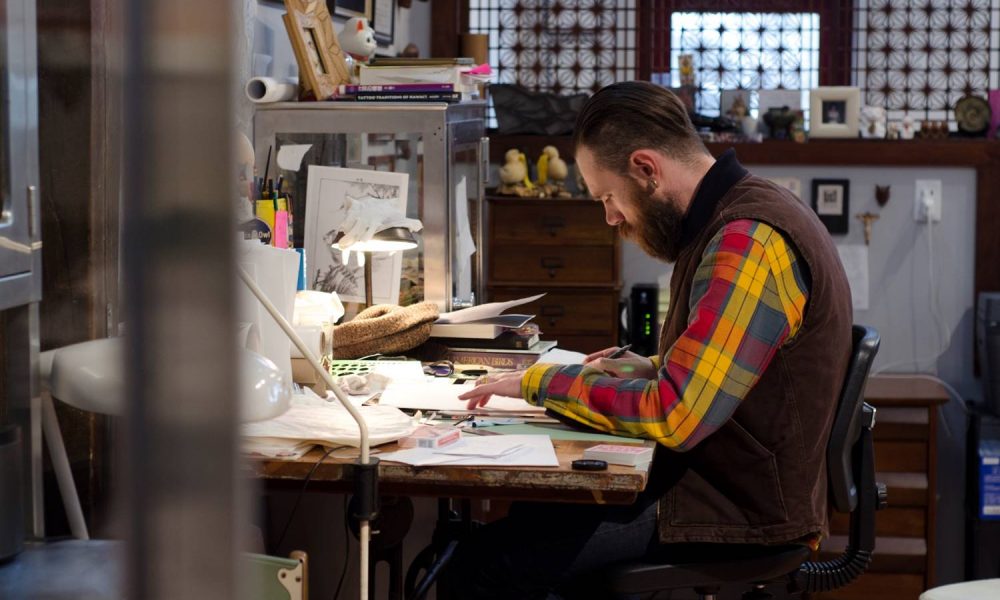

Today we’d like to introduce you to Evan Morgan.
Evan, we’d love to hear your story and how you got to where you are today both personally and as an artist.
I was born and raised in Hawaii. My childhood was steeped in lush greenery and salty air. Fruit and orchids were abundant, and in the afternoon the showers brought rainbows that went on forever. The culture is a unique blend of ethnic influences and gave me a deep appreciation for the eastern art and philosophy. I was raised in a very creative environment, both my mother and stepfather are glass blowers and craftsmen, and I grew up surrounded by art. My grandmother lived in Nova Scotia, and when I was young, I spent my summers playing and exploring in her gardens beside the Bay of Fundy. Those long trips east gave me deep independence and exposed me to art and culture, unlike anything back home. I saw dinosaur skeletons and spaceships, European masterworks and scrimshawed whales teeth. This would go on to greatly influence my largely eastern and Polynesian aesthetic.
When I was a teen, I participated in several pre-college art programs which put me in New York, where I first began hanging out in tattoo shops. I was hooked. The ritual of marking people and being marked indelibly was intoxicating. At 18, I was offered an apprenticeship at a local tattoo shop in Hawaii, which did not go over well with my parents. In the end, I decided to go to art school and headed back to the east coast where I received my BFA in sculpture from the Maryland Institute College of Art. I worked for several studios up and down the east coast fabricating art for other artists while trying to maintain my own studio practice. Ultimately my personal work took the back burner, and I took on more and more fabrication work. Eventually, I ended up back in New York City wondering how to return to my own creative practice. At the time, my wife was offered a one-year appointment at the Lamar Dodd School of Art at the University of Georgia, and we decided to move south. I went back to art fabrication for a spell and one day while gardening and soul searching my wife mentioned that perhaps I should think about what I was really passionate about when I was a kid. It had always been tattooing, so I set out to see if I could find someone willing to apprentice me. It was not easy; not only did I need a good mentor, but I was looking for a shop environment that was drama free, calm, and conducive to creativity. In my younger years, I found the chaos and grit of tattoo shops appealing, but at 28, I had toned down the partying and was looking to approach tattooing from a place of respect and mindfulness. The minute I stepped into David Hale’s shop Love Hawk, I knew I had found the right place. David has a deep reverence for tattooing and was able to provide a safe, trusting environment for each client. I worked with David until ultimately opening my own studio in 2016.
We’d love to hear more about your art. What do you do and why and what do you hope others will take away from your work?
I am an artist and maker at heart; it is all I have ever known. I have worked in many mediums over the years both in my own work and as an art fabricator for other studios. This experience broadened my understanding of the artistic process and has had an invaluable impression on my tattooing. As with other mediums I have studied, I am constantly researching not only the deep and complex history of tattooing but the craft itself. I am constantly tweaking and honing my skills in an attempt to push the boundaries of what is an inherently imperfect art form. Unlike any other medium I have worked in, tattooing is indelible and takes place on the body, it requires a great deal of trust from both parties, and is intimate by nature. I take Tattooing seriously and believe that there is a sacred aspect of walking someone through the process of transforming their body. Growing up in Hawaii I saw a lot of tattoos from an early age, and Polynesian tattooing appealed to me both for its intricate patterns that move seamlessly with the body and the deep symbolism and responsibility that comes with wearing those marks. In Samoa, there is a tattoo song that translates
The necklace breaks, the cord breaks
But your tattoo does not break
Into pieces,
this, your necklace, is lasting,
and goes with you to the grave.
It is this spirit that I take to work with me every day. My artwork will not last; it is permanent yet temporal; it can neither be stolen nor resold to someone else. My work belongs solely to my clients, and they will carry it with them for the rest of their lives. I work primarily in black and grey, using both eastern and western motifs. I pull heavily from Japanese and European printmaking and painting history as well as nature to create tattoos that are timeless and lasting. Tattooing has existed for over 12,000 years, and It continues to beautify and empower people. The technology around tattooing has changed, but at its core the act of marking one another with pigment and needles remains the same, tying us to a rich tradition of adornment and storytelling. I am honored and humbled to be a part of this age-old tradition.
We often hear from artists that being an artist can be lonely. Any advice for those looking to connect with other artists?
I don’t often wrestle with loneliness, I was an only child, so I tend to do a good job entertaining myself. I nurture a few important friendships, and because tattooing is such a social art form, I have a lot of fulfilling interactions with my clients. Today many artists connect through social media, communicating through a device which offers a level of separation that lessens the vulnerability of opening up to strangers. I still prefer connecting in person whenever possible. My first relationships with other artists after school began as cold calls. I sought out artists I was interested in and knocked on their doors. Sometimes I was met with rejection, but more often then not, I found that if I was genuine and open-minded, there was a friend on the other side. I try not to be too concerned with making a fool of myself. I think we spend far too much time worrying about what other people think of us. Be true to who you are, take some risks, and you will find the world opens up in surprising ways.
How can artists connect with other artists?
I nurture a few important friendships, and because tattooing is such a social art form, I have a lot of fulfilling interactions with my clients. Today many artists connect through social media, communicating through a device, it offers a level of separation that that can lessens the vulnerability of opening up to strangers. I still prefer connecting in person whenever possible. My first relationships with other artists after school began as cold calls. I sought out artists I was interested in and knocked on their doors. Sometimes I was met with rejection, but more often then not, I found that if I was genuine and open-minded, there was a friend on the other side. I try not to be too concerned with making a fool of myself. I think we spend far too much time worrying about what other people think of us. Be true to who you are, take some risks, and you will find the world opens up in surprising ways.
Do you have any events or exhibitions coming up? Where would one go to see more of your work? How can people support you and your artwork?
Right now, the best way to see my work is on Instagram @evanmorgantattoo I post tattoo work as well as other side projects. It is the best way to keep up with me and any artwork or upcoming show announcements. I have a private, appointment only shop and I book all appointments via email at evanmorgantattoo@gmail.com.
Contact Info:
- Address: Truths & Roses Tattoo
149 Oneta St. unit 6c-1
Athens, GA 30601 - Phone: 762.499.0795
- Email: evanmorgantatoo@gmail.com
- Instagram: @evanmorgantattoo








Image Credit:
Evan Morgan, Robert Wise
Getting in touch: VoyageATL is built on recommendations from the community; it’s how we uncover hidden gems, so if you know someone who deserves recognition, please let us know here.













